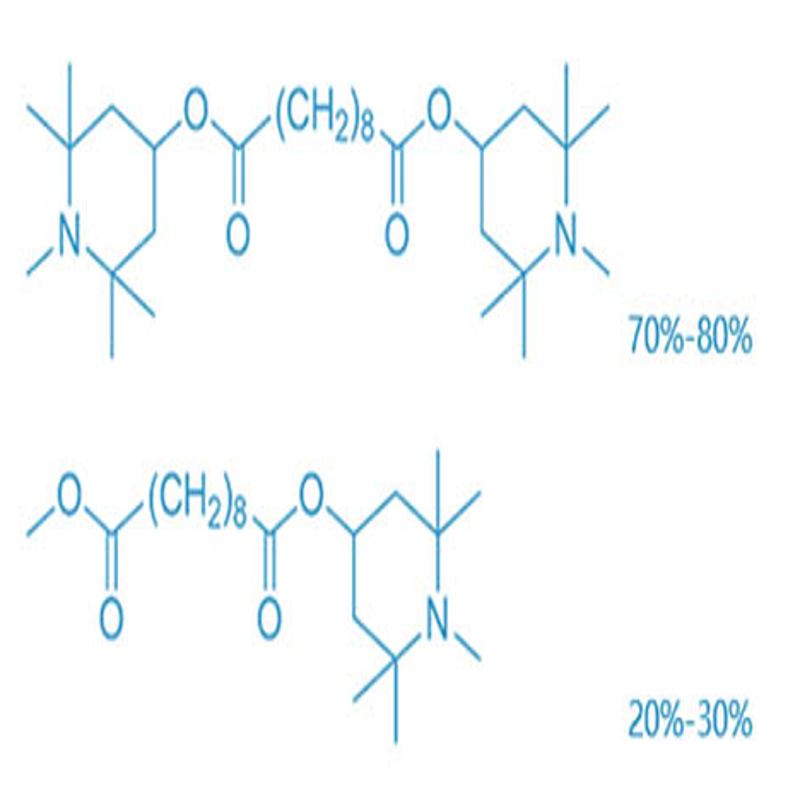-
Categories
-
Pharmaceutical Intermediates
-
Active Pharmaceutical Ingredients
-
Food Additives
- Industrial Coatings
- Agrochemicals
- Dyes and Pigments
- Surfactant
- Flavors and Fragrances
- Chemical Reagents
- Catalyst and Auxiliary
- Natural Products
- Inorganic Chemistry
-
Organic Chemistry
-
Biochemical Engineering
- Analytical Chemistry
-
Cosmetic Ingredient
- Water Treatment Chemical
-
Pharmaceutical Intermediates
Promotion
ECHEMI Mall
Wholesale
Weekly Price
Exhibition
News
-
Trade Service
India has committed to achieving net-zero carbon emissions by 2070
On November 1, Indian Prime Minister Narendra Modi pledged India to achieve net-zero carbon emissions
by 2070 at the United Nations climate conference in Glasgow, England.
He also announced that India's target for installed renewable energy capacity will be increased from 4.
5 GW to 5 GW by 2030, with the goal of meeting 50% of the country's energy needs
.
Modi pointed out that India accounts for 17% of the world's population but only 5%
of emissions.
Among other new commitments, India will reduce its carbon intensity by 45%
by 2030.
India is expected to reduce carbon emissions by 1 billion tonnes between now and 2050, and by 2070, India will achieve its goal of
net zero emissions.
So far, India has not committed to a net-zero emissions target, choosing instead to focus on an ambitious renewable energy project, while calling on developed countries to accelerate their funding efforts
to developing countries.
Modi said India hopes developed countries will provide $1 trillion in climate finance
as soon as possible.
Accenture: Chemical companies are spending more on R&D around sustainability
A consultant at Accenture said chemical companies' capital spending could rise
based on the recent surge in R&D spending.
Paul Bjacek, head of thought leadership and global resources research at Accenture North America, said capital spending by chemical companies typically rises
after R&D spending increases.
Bjacek said that from the second quarter of 2020 to the second quarter of 2021, global chemical companies' R&D spending increased by 23%, and much of this spending revolves around sustainability
.
Bjacek pointed out that patent filings by global chemical companies illustrate this trend
.
Many of these patents deal with sustainability and the energy transition, including batteries, electric light sources such as light-emitting diodes (LEDs), composites, and photovoltaic and solar panels
.
Brazilian base oil production continues to rebound
Brazil's base oil production (mainly API Group I base oils) rose 22% year-on-year to 60,000 mt in September, up from 49,000 mt in the same period in 2020 and 39,000 mt in the same period in 2019, up 13% from 53,000 mt in August and in line
with the monthly peak in July, according to data released by Brazil's National Oil, Gas and Biofuels Agency.
In the third quarter, Brazil totaled 173,000 mt, up 26% from 137,000 mt in the same period in 2020 and 15%
from 151,000 mt in the same period in 2019.
Brazil's base oil imports in September were 93,000 mt, up 33% from 70,000 mt in the same period last year and 45% from 64,000 mt in September 2019, the third highest monthly this year after February (138,000 mt) and March (135,000 mt
).
Brazil's base oil imports in the third quarter were 244,000 mt, up 55% from 157,000 mt in the same period in 2020 and 43%
from 171,000 mt in the same period in 2019.
Trinseo seeks to fully transform into a specialty materials company







